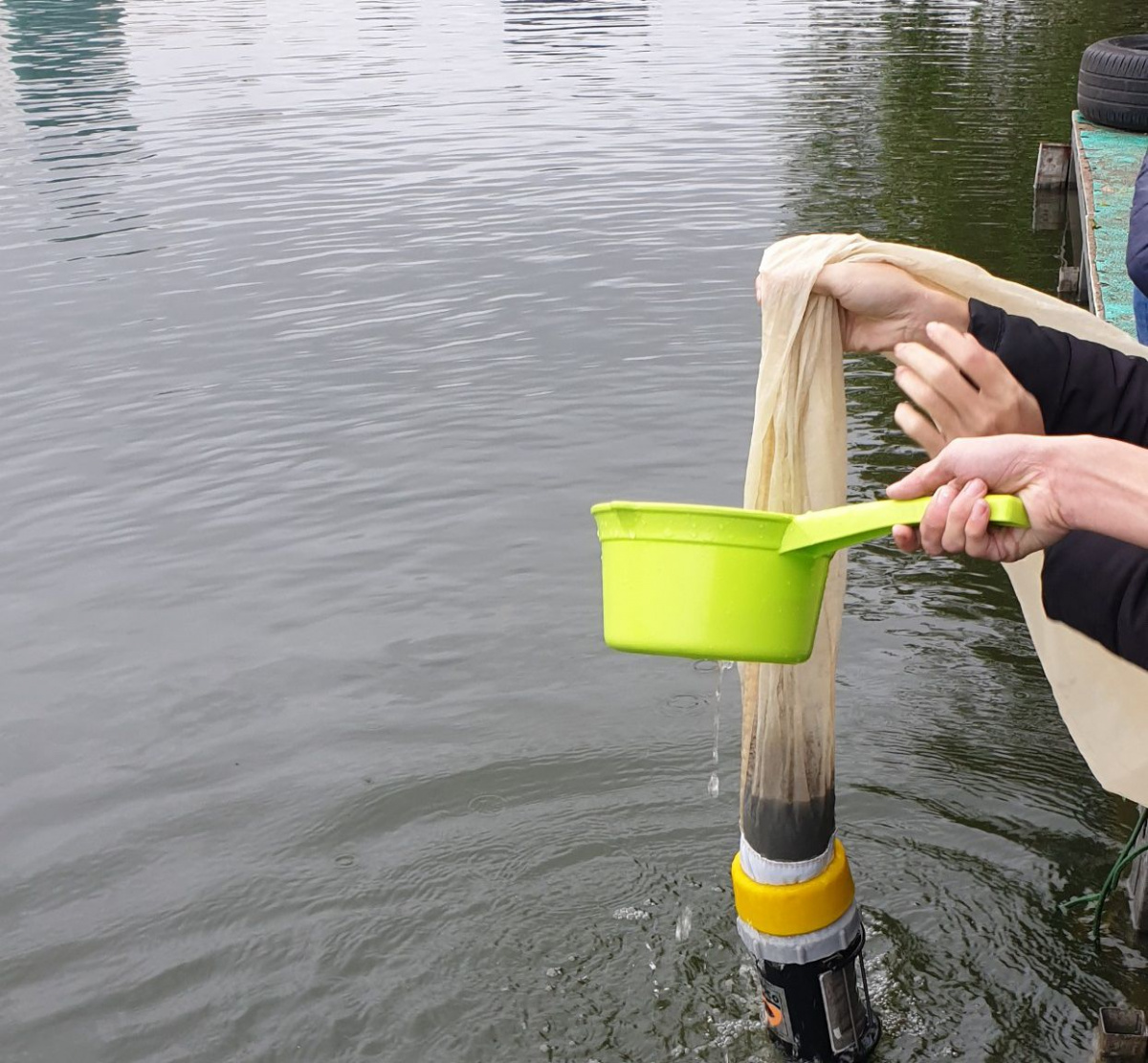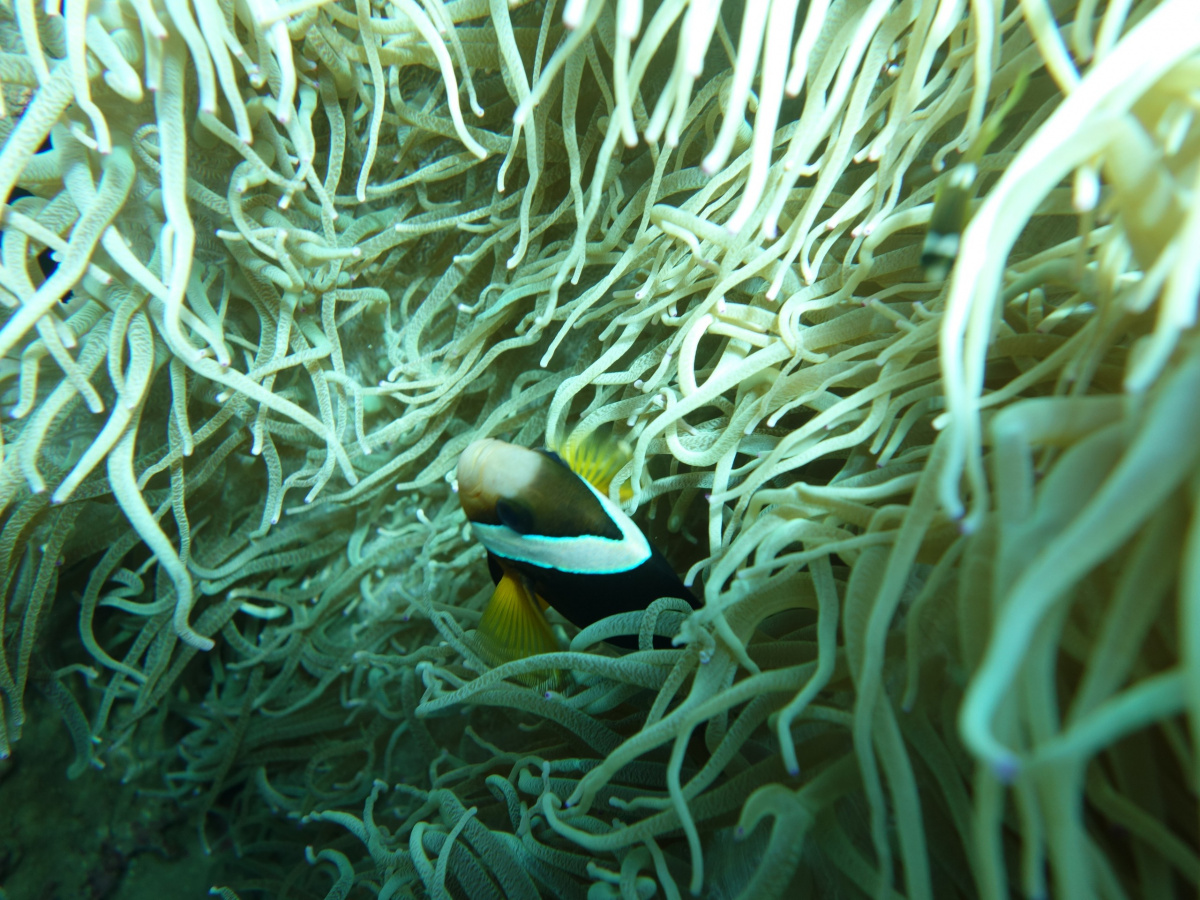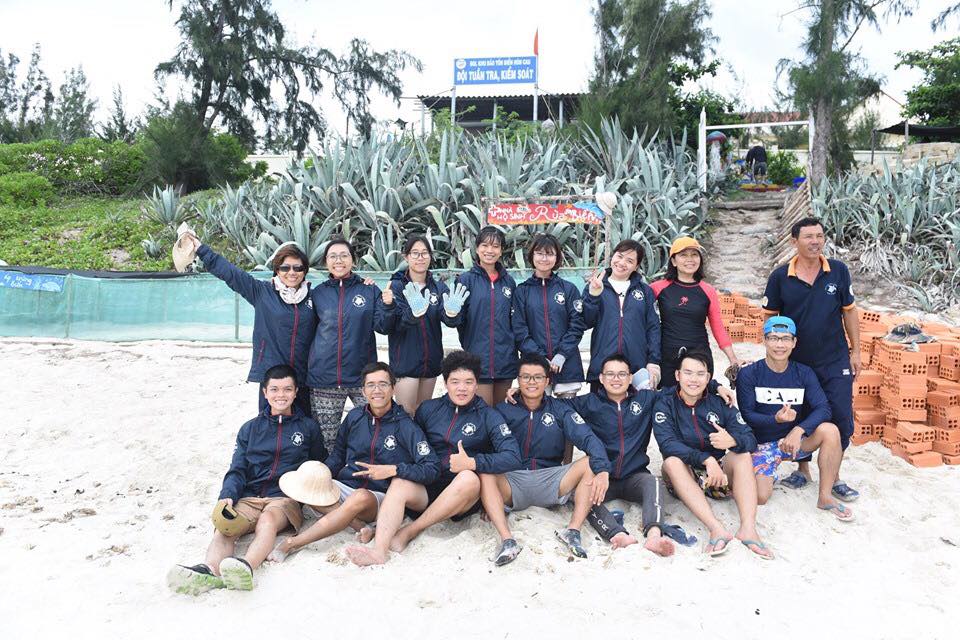Maintaining a scientific network to support policy on microplastic pollution in Viet Nam
Creating an Observatory for Measuring Plastic Occurrences in Society and Environment (COMPOSE) is a capacity building project funded by the French Ministry of Foreign Affairs and implemented by the French Embassy in Ha Noi in partnership with the French Research Institute for Sustainable Development (IRD), IUCN, Paris Région Expertise (PRX), and the International Centre for Interdisciplinary Science and Education (ICISE) in Quy Nhon.
With COMPOSE assistance, seven research teams have been formed to measure microplastics in freshwater and marine water. These teams include about 30 Vietnamese researchers across eight research institutions and universities in Viet Nam. These researchers have been trained on microplastics data collection and analysis methodology, and funded to collect data. In November 2020, the COMPOSE research team published their initial results in Science Direct “A baseline assessment of microplastic concentrations in marine and freshwater environments of a developing Southeast Asian country, Viet Nam”.
The paper reports on microplastic monitoring in sediments and surface waters of 21 rivers, lakes, bays, and beaches in Ha Noi, Quang Ninh, Hai Phong, Da Nang, Binh Dinh, Ba Ria-Vung Tau, HCMC, Tay Ninh, and Dong Nai. The results show that “microplastic concentrations in surface waters varied from 0.35 to 2,522 items m-3, with the lowest concentrations recorded in bays and the highest in rivers” of which fibers made up 47-97%. Human activities are closely linked to microplastic concentrations as shown by the high concentration in rivers. This shows the importance of understanding the source microplastics before taking appropriate measures.
Given how little is known about the problem, the COMPOSE research is the “state of the art” on microplastic pollution assessment in Viet Nam. To share the results and policy implications, IUCN and IRD organized a seminar on March 5 2021 in Hanoi entitled “Microplastic pollution in Viet Nam: from scientific researches to policy interventions”. This activity was jointly funded by COMPOSE and the IUCN’s Sida-funded MARPLASTICCs project.
Around 80 participants attended the seminar physically and online. Dr. Nguyen Trung Thang, ISPONRE Vice President, presented on policies and laws related to microplastic pollution and specific policy recommendations. IUCN shared two policy bulletins published in partnership with ISPONRE entitled “Microplastic pollution: pilot studies in Viet Nam and international experiences” and “Solid waste management and the roles of informal sector in Viet Nam”. The bulletins are available in English and Vietnamese. They have been distributed to DONREs in all 63 provinces.
At the seminar, Ms. Bui Thi Thu Hien, IUCN Marine and Coastal Coordinator, said that based on the 2020 National Guidance for Plastic Pollution Hotspotting and Shaping Action - Final report for Viet Nam, there were an estimated 7,800 tons/year of microplastics discharged into the environment, equivalent to 2% of the total plastic waste leakage. The main sources of microplastics are tires, textile fibers, and cosmetics. In term of the plastic leakage into the ocean, only 2% is microplastics, 98% is macroplastics, which are gradually broken down into microplastics. So the main source of marine microplastics is secondary microplastics.
The seminar showed that while awareness on the need to improve plastic waste management is increasing, major gaps remain in knowledge and policy. Despite that the source of microplastic from textiles and microbeads is known in the scientific community, there is still no regulations to limit their use in personnel care products, textiles or detergents, etc and their release in treated wastewaters.
It is thus critical to provide scientific data to support policy on microplastic pollution and IUCN will continue to support the microplastic research network set up by COMPOSE and link research results to policy formulation.






